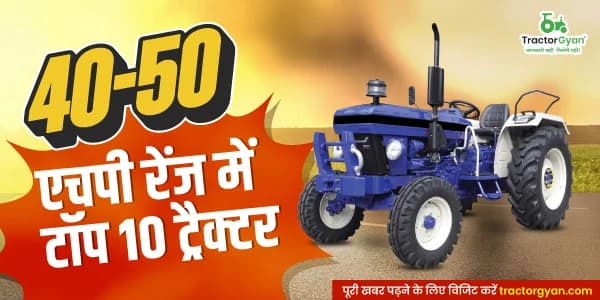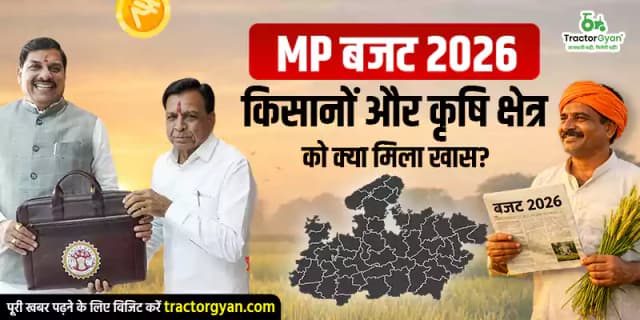What is Plantation Agriculture? Advantages & Disadvantages
Table of Content
As human eating and food consumption requirements are vast, one type of agriculture can’t cater to all these needs. This is why multiple types of farming are there and plantation agriculture is one of them. Over the years, it has shaped economies, cultures, and landscapes for centuries.
Plantation agriculture, with its single-crop focus and large-scale commercial approach, has played a pivotal role in the global agricultural landscape. From the sprawling tea estates of India to the lush palm oil plantations of Southeast Asia, all these successful plantation agriculture ventures left an indelible mark on history.
If you’re interested to learn about plantation agriculture, its advantages, disadvantages, plantation crops examples and plantation farming in India this blog is just the right thing for you.
What is Plantation Agriculture?

Let’s start the post by knowing the basic definition of plantation agriculture. Plantation agriculture is a type of extensive agriculture where the large size of the farm is utilized to grow a single crop which is even known as monoculture.
These plantations are typically located in tropical or subtropical regions where the climate and soil conditions are favourable for the growth of specific crops. The main purpose of this sort of farming is to have abundant production of one crop so that the farmers can gain a huge financial edge.
Plantation crops are typically cash crops, which means they fetch high prices when sold on the international market. Sugarcane, coffee, cocoa, bananas, and pineapples are some of plantation crops examples that are most frequently grown.
What are the Features of Plantation Farming?
Certain characteristics set plantation farming apart from the rest of its peers. For instance:
-
The focus remains on a single crop: Plantation farming is characterized by the cultivation of a single cash crop, such as sugarcane, tea, coffee, cotton, rubber, palm oil, bananas, or tobacco. The focus on a single crop allows for specialization and economies of scale.
-
Plantation farming involves large landholdings: Plantation agriculture covers extensive areas of land, often spanning thousands of hectares. They are usually owned or managed by large agricultural corporations, wealthy landowners, or government entities.
-
It’s labor-intensive: Plantation agriculture requires significant labor inputs for tasks such as planting, harvesting, and processing crops. In early times, this labor was often provided by enslaved or indentured workers. Presently, hired laborers work at the farms and a lot of it is even mechanization.
-
Plantation agriculture has an export-oriented approach: The crops grown on plantations are typically intended for export to international markets, generating significant foreign exchange earnings for the country of origin.
-
Plantation agriculture based on monoculture: Due to the focus on a single crop, plantations tend to practice monoculture, where large areas are dedicated to the cultivation of the same crop year after year.
-
Plantation farming involves great technological advancements: It largely depends on advanced agricultural techniques, irrigation systems, and technology to maximize crop yields and efficiency.
-
Plantation agriculture comes with certain environmental concerns: As this type of farming is conducted on a large scale, it can lead to several environmental issues such as deforestation, soil degradation, water pollution, and biodiversity loss.
Types of Plantation Agriculture
You can’t pick any random crop and start its cultivation on a large scale when you plan to follow the practice of plantation farming in India. As plantation farming is done keeping export and high-profit margin in mind, it’s important to pick the right crop.
Here are some common plantation crop examples that are used in plantation farming.
Coffee Plantation

Coffee Plantation has a huge demand in both national and international markets. The warm climate of India serves as the ideal farming condition for this crop. This is why coffee plantation in India is practised on a large scale. States like Karnataka, Tamil Nadu, and Kerala are the leading producers of coffee.
Tea Plantation

India is one of the largest tea producers and exporters in the world. It exports a significant amount of tea annually. Tea plantation farming in India is a great venture to get started as this commodity has a huge demand across the globe. The eastmost states of India like Assam and West Bengal are the best areas for this crop. However, tea plantations are also seen in some parts of Tamil Nadu, Kerala, and Himachal Pradesh.
Rubber Plantation

Rubber plantations in India are an important agricultural activity, contributing significantly to the country's rubber production. Rubber cultivation in India is primarily concentrated in the southern states of Kerala, Tamil Nadu, and Karnataka, as well as some parts of northeastern states like Tripura and Assam.
Even though rubber plantation asks for heavy early investments, it’s a great choice to make as India is the world's largest producer of rubber.
Palm oil Plantation

Indian states like Telangana, Kerala, Tamil Nadu, and Karnataka are perfect for palm oil plantations as the tropical climate of these regions is perfect for the cultivation of this crop.
Fruit Plantation

Fruit plantation is one type of plantation farming that can be performed in almost all regions. Farmers can grow fruits according to the climatic conditions of that area. For example, the hilly areas of India like Himachal Pradesh, Jammu & Kashmir, and Uttarakhand, provide ideal climatic conditions for the cultivation of fruits like apples, oranges, pineapples, and many more.
On the other hand, the tropical regions are perfect for the cultivation of fruits like bananas and coconuts.
Sugarcane Plantation

A sugarcane plantation is a large-scale agricultural enterprise focused on the cultivation of sugarcane. Sugarcane cultivation in India is spread across various states, with the major sugarcane-producing states being Uttar Pradesh, Maharashtra, Karnataka, Tamil Nadu, Andhra Pradesh, and Gujarat as these states have favourable climatic conditions and fertile soils suitable for sugarcane growth.
Advantages of Plantation Farming

When planned and executed properly, plantation agriculture tends to deliver multiple benefits. For instance:
1. Plantation agriculture is a source of employment: Plantation farming leads to the generation of employment. Due to their extensive size, plantations require a huge workforce to operate various machines in both the farm and processing facilities. Consequently, plantations offer a lot of employment opportunities, raising the level of living in the regions where they are located.
2. Plantation agriculture is a source of government revenue and taxes generation: When plantations sell their goods domestically and abroad, a portion of their profits are paid to the government in taxes, and the government may also receive extra income from them in the form of a skills development levy and other fees.
3. It leads to foreign exchange reserves: Plantation farming provides a positive surge of high foreign exchange reserves as more and more export takes place.
4. Plantation agriculture promotes agricultural and research development: Plantation farms support research that results in better and higher-quality crops. Many plantations include research facilities that focus on creating high-yielding, disease-resistant seeds to secure high-quality crops.
5. Plantation agriculture leads to infrastructural development: Plantation farming is a sophisticated system that involves building not just industrial facilities but also public infrastructure such as roads, housing developments, educational institutions, medical facilities, administrative buildings, etc. Eventually, the rate of urbanization accelerates. Plantations Farms employ a large number of people, thus to keep them, they provide a variety of social services like hospitals, schools, and markets. Rural areas may become urbanized as a result of the development of these infrastructures.
Disadvantages of Plantation Agriculture

Even though the above said benefits of plantation farming are impressive, this farming system is not without disadvantages. While modern-day plantations have evolved, they continue to raise environmental concerns and questions about sustainability.
Here is a list of the most common disadvantages of plantation agriculture.
1. The displacement of people from their land where plants are established: People in the areas where plantations are built are typically transferred to other areas since plantation agriculture requires enormous expanses. Plantations may also result in skyrocketing land prices and a dearth of land for people to grow and raise their families' food because they take up a lot of space.
2. Plantation agriculture is leading to deforestation: Large areas of land must be removed from their natural vegetation to establish plantations, which can cause issues including soil erosion, ecological disruption, and biodiversity loss. Plantation farming is bad for the environment. Soil fertility is depleted and soil erosion is accelerated by overuse and lack of crop rotation. The majority of plantation estate owners live outside of the country, especially in the early stages of development, therefore they have little stake in the area's growth.
3. Plantation agriculture leads to the multiplication of pests and diseases: Plantation agriculture's use of monoculture may encourage the spread of pests and illnesses. Farmers that adopt monoculture on plantations lose soil fertility due to erosion and soil depletion. Due to the monoculture practiced on these plantations, pests and illnesses are more likely to spread.
4. Decrease in the ground-level water: Plantation agriculture can be water-intensive, leading to increased pressure on water resources, especially in regions already facing water scarcity. This can result in the depletion of groundwater levels and affect local communities' access to water.
Final Say
Plantation agriculture, when done wisely and with a focus on sustainability, holds significant economic importance in several countries across the globe, including India. The diverse climatic conditions of India provide multiple opportunities in this direction.
Each variant of plantation farming presents distinct challenges and prospects. You need to select the crop according to your budget and the climatic conduction of the region where you plan to start the plantation agriculture.
We hope you enjoyed and learned from this article on “What is Plantation Agriculture?” For more information on farming and agriculture techniques, we recommend you stay connected with Tractor Gyan. Our farming experts are committed to empowering you and your farming ventures with the right information.
Category
Read More Blogs
Commercial farming, a key pillar of modern agriculture, plays a pivotal role in meeting the global demand for food, raw materials, and exports. By focusing on cultivating a single crop over extensive areas, commercial farmers optimize production and contribute to the economy.
In...
The world sure moves faster than we think, but not every advancement is a boon, especially when it comes to farming. Growing crops does not require chemicals or other artificial amenities in some areas of the farming industry. Rather than using chemicals...
Being a Farmer the most important task falls under his role is the health of the soil and crop and to maintain the adequate health and fertility of the soil the most essential aspect which needs to be taken into consideration...
Write Your Comment About What is Plantation Agriculture? Advantages & Disadvantages
.webp&w=1920&q=75)
Top searching blogs about Tractors and Agriculture
07 Jan 2026
18 Dec 2025
29 Jul 2025
08 Sep 2025
03 Jul 2025
30 Jul 2025
30 Jul 2025
30 Jul 2025
29 Jul 2025
30 Jul 2025
09 Feb 2026
31 Jul 2025
18 Dec 2025
26 Dec 2025








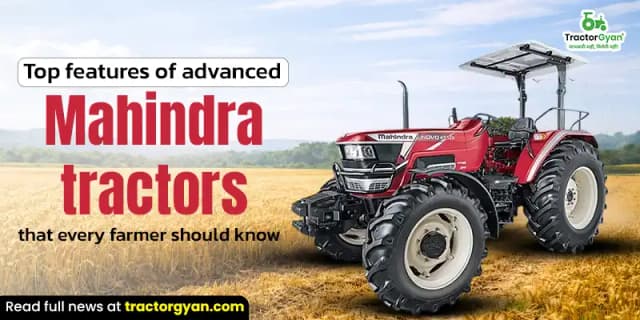
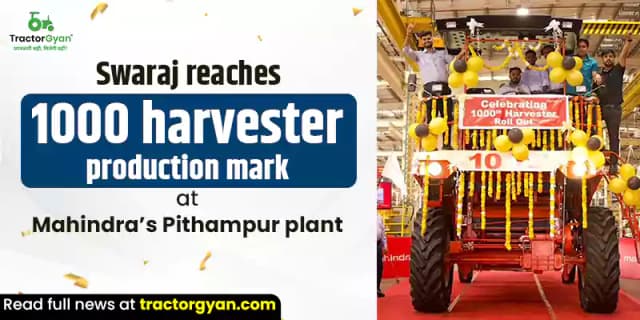
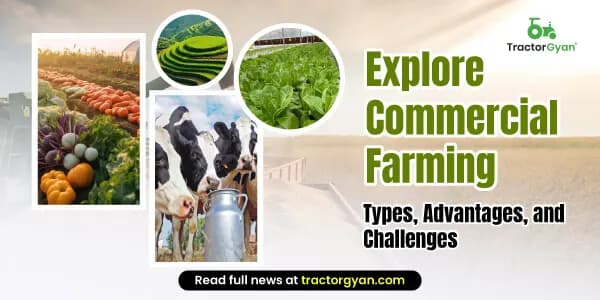
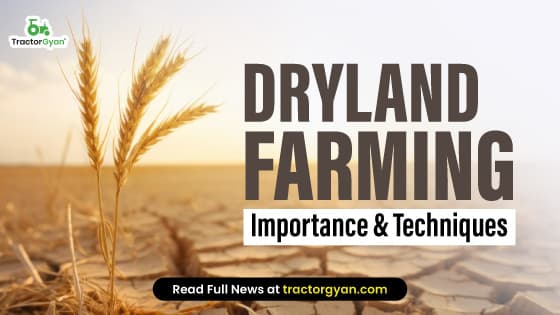

.webp&w=2048&q=75)
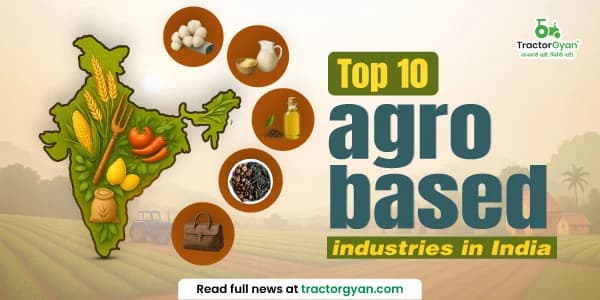
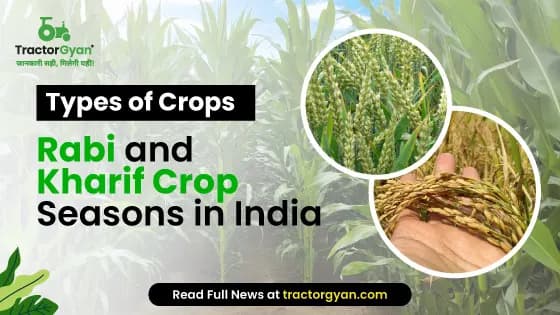
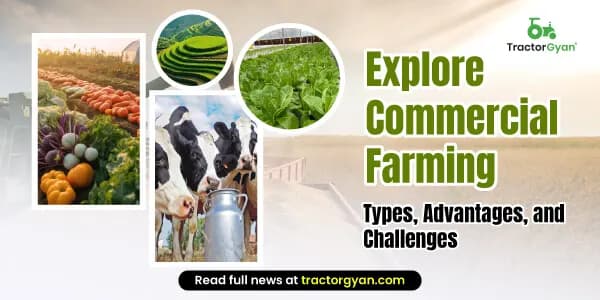
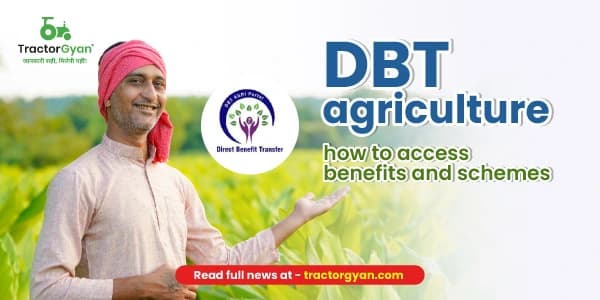
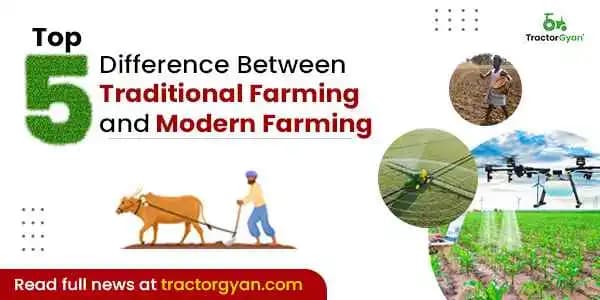
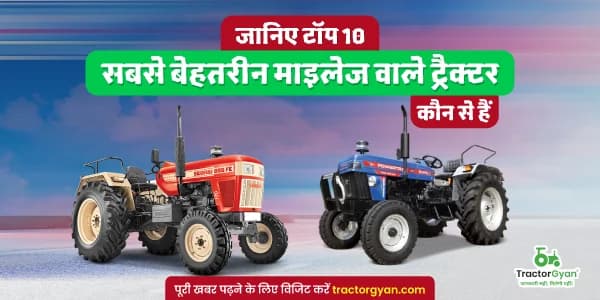
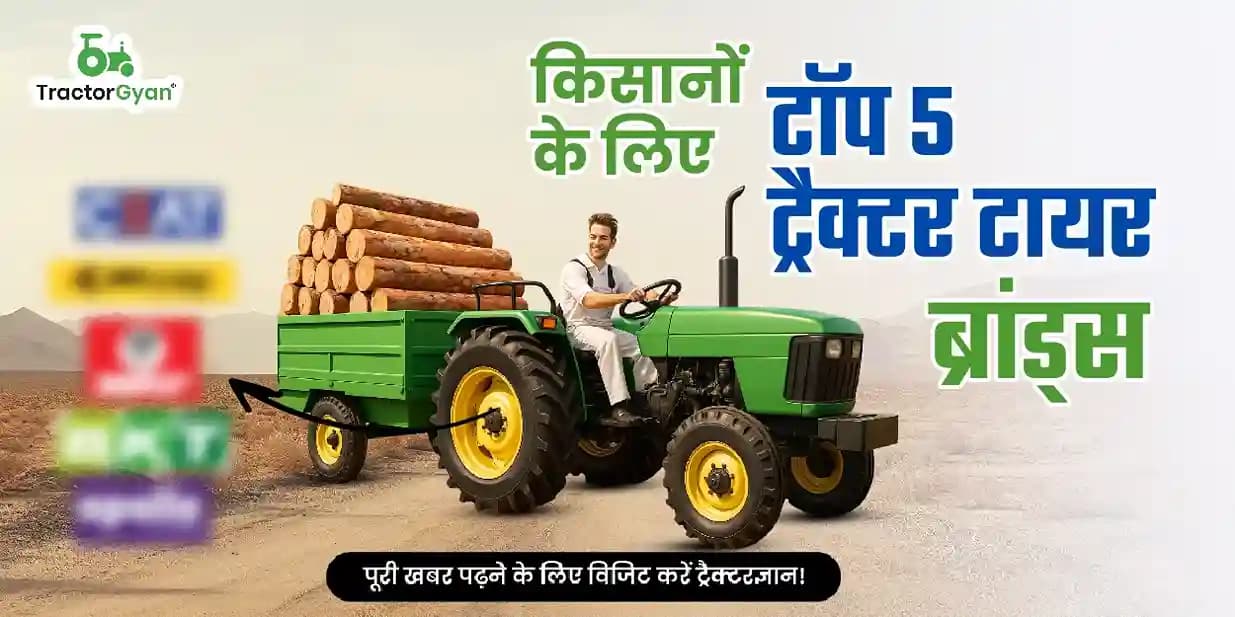

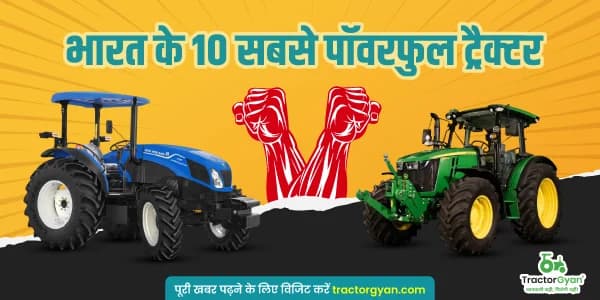
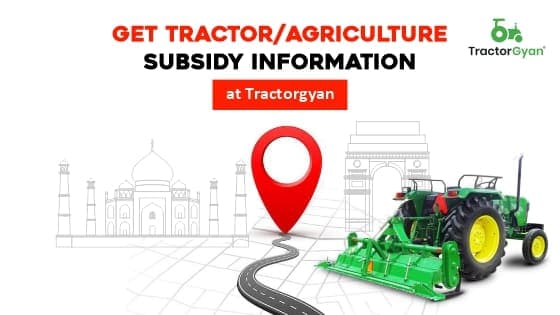
.webp&w=2048&q=75)
.webp&w=2048&q=75)
